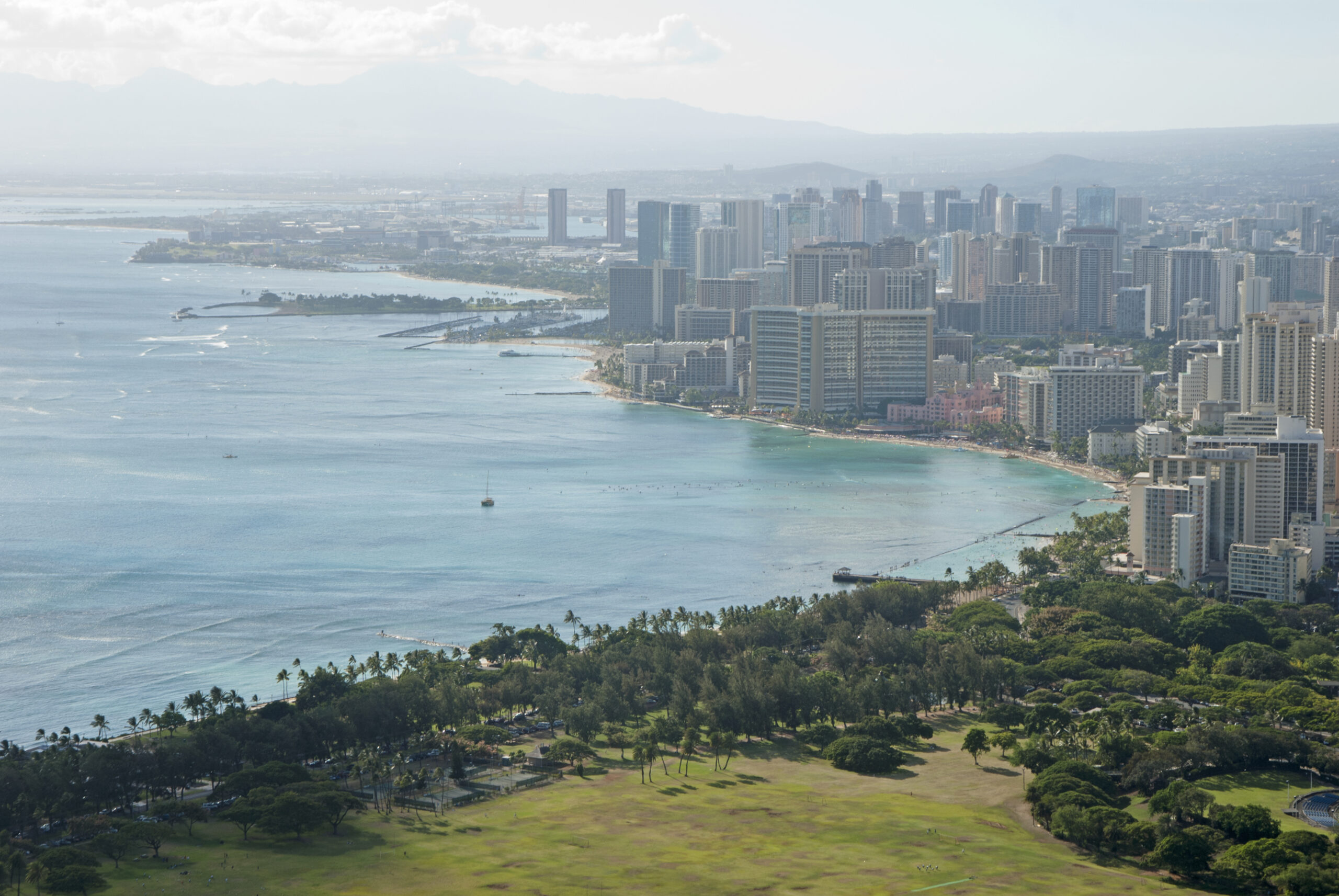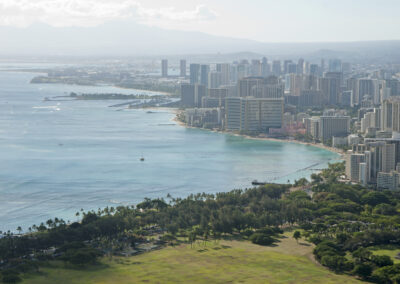Project Result
Penang, a dynamic coastal city, embarked on a transformative journey with its Coastal Resilience Initiative launched in 2020. This initiative aimed to confront escalating vulnerabilities posed by natural disasters like rising sea levels and coastal erosion. Embracing a transdisciplinary approach, it sought to address multifaceted challenges holistically.
The initiative has yielded substantial results, effectively mitigating threats to Penang’s critical infrastructure, local livelihoods, and environmental sustainability. Leveraging expertise from Environmental Science & Engineering, Urban Planning & Architecture, Social Sciences & Community Engagement, Government & Policy Making, and Climate Science & Meteorology, the initiative implemented comprehensive solutions.
Penang’s unique circumstances, marked by rapid urbanization and a diverse populace encompassing vulnerable communities, demanded innovative strategies. Through collaborative efforts involving governmental bodies, academic institutions, NGOs, and local communities, the initiative championed participatory decision-making and deployed advanced technology to devise sustainable solutions.
Remarkably, the Coastal Resilience Initiative didn’t solely focus on immediate challenges. It successfully fostered a resilient coastal environment by harmonizing economic growth, fulfilling community needs, and preserving the natural ecosystem.
Key achievements include:
- Infrastructure Resilience: Upgraded infrastructure to withstand coastal threats, reducing the risk of damage and ensuring continued functionality during disasters.
- Community Empowerment: Engaged local communities in resilience-building efforts, fostering awareness, preparedness, and active participation in safeguarding their surroundings.
- Environmental Preservation: Implemented eco-friendly measures to restore and protect coastal ecosystems, promoting biodiversity and mitigating environmental degradation.
- Policy Implementation: Introduced adaptive policies and regulations aligned with sustainable development goals, ensuring long-term resilience and environmental conservation.
- Technological Innovation: Implemented innovative technological solutions for early warning systems and effective disaster response, minimizing the impact of natural disasters.
The achievements of Penang’s Coastal Resilience Initiative serve as inspiration, demonstrating the transformative potential of proactive measures and collaborative approaches in securing the future of vulnerable coastal regions worldwide.






